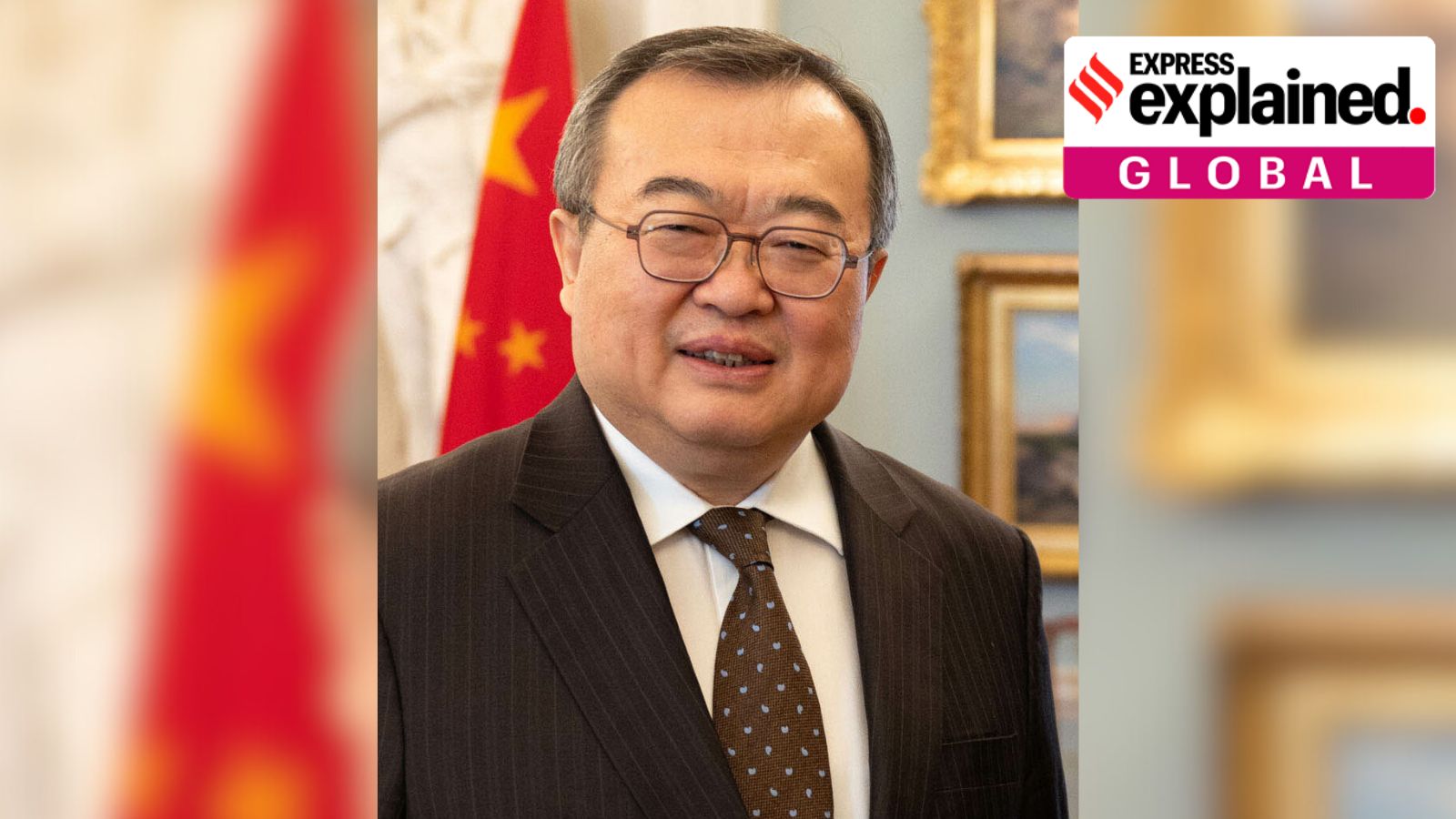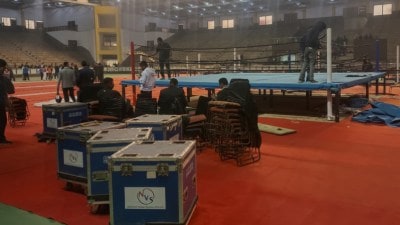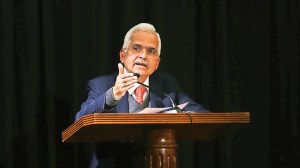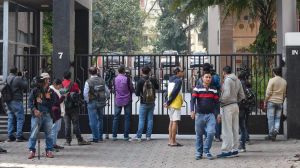Senior Chinese diplomat Liu Jianchao has been “taken away by authorities for questioning,” according to a report from The Wall Street Journal on Saturday (August 9) that cited people familiar with the matter.

Liu, 61, has earlier been tipped as China’s future Foreign Minister, given his years of experience in the Ministry of Foreign Affairs (MFA), his perception as a party loyalist, and aspects of his functioning that differentiated him from other officials. Currently, Wang Yi, 71, holds that portfolio, having been reinstated in 2023 after his predecessor Qin Gang was abruptly removed within seven months of being at the job.
The report of Liu’s questioning further raises questions about the integrity and stability of China’s foreign affairs institutions.
Who is Liu Jianchao?
According to a CV shared by the think tank Council on Foreign Relations (CFR), Liu graduated in English from the Beijing Foreign Languages Institute in 1986 and joined the Chinese foreign ministry in the same year.
He also studied international relations at the University of Oxford from 1986 to 1987 and later worked in various translation and interpretation departments of the MFA. In 2015, Liu joined the National Bureau of Corruption Prevention.
This was a few years after Xi Jinping became the most powerful figure in China, from 2012 onwards, and began his anti-corruption campaign.
Story continues below this ad
Liu became the Minister of the International Department of the Communist Party of China Central Committee in 2022. The IDCPC has been in charge of the party’s external relations (particularly with other Communist states, like Cambodia). Since its founding in 1951, it has come under the direct leadership of the CPC Central Committee, an important political body with more than 200 party members.
How has he been perceived?
Beyond his official roles, Liu has been seen among Western commentators and media as the “new face” of China’s attempts to present a “friendlier image” to the world, as The New York Times put it in February 2024.
The report came soon after Liu visited the United States and Europe to discuss his country’s economic and international affairs. The NYT’s report described him as having “a knack for defending Beijing’s most ardent positions, like its claims to the self-governing island of Taiwan, without being acerbic.”
It contrasted his approach with “wolf warrior” diplomacy, characterised by the aggressive language and tone of many Chinese diplomats during the Xi era. Those who met Liu said he was “more informal and engaging than other Chinese officials, seemingly comfortable going off script.”
Story continues below this ad
For instance, Liu engaged in a 40-minute conversation with CFR President Michael Froman in January 2024, including a section of audience questions. At the end of it, Froman said, “I think China is very fortunate, Mr. Minister, to have you in this position… I go as far as to say, you’re a wolf warrior in sheep’s clothing.”
What does The Wall Street Journal’s report claim?
It states that Liu was taken away “after returning to Beijing in late July from a work trip overseas”. The official IDCPC website mentions his recent official engagements, but only upto July.
While the report doesn’t provide any concrete reason for his detention, it notes why the Chinese state may have had problems with him. His 2024 engagements “raised eyebrows back in Beijing, where it would have been seen as politically incorrect for Liu to present himself as the foreign-minister-in-waiting before any formal announcement that he would be taking that role,” the report says.
What’s the larger context here?
Story continues below this ad
There are questions of internal stability and transparency, which also arose during former minister Qin’s disappearance. He was a young leader who quickly rose up the ranks until he suddenly disappeared from public view in 2023. While the initial official response was that he had health issues, it later shifted to denial about any information concerning him.
The Financial Times later reported that Qin had an extramarital affair with a journalist and they had a child in the United States, and he eventually resigned from the Parliament.
Rumours of the state downgrading the position of a prominent public figure often make the rounds in China, thanks to its largely opaque political setup. However, not all of them turn out to be true. Or, in some cases, people have reappeared after some time, including billionaire Jack Ma and film star Fan Bingbing.
Still, it is a fact that in just a few years, two Ministers of Defence, one Minister of Foreign Affairs, senior defence officials and several other key figures in the Chinese state have been purged.
Story continues below this ad
Official confirmation in such cases only comes months later, with corruption often indicated as the reason. Although corruption has long been a problem for the Chinese state, critics also allege that it has sometimes been used as a smokescreen under Xi’s regime to remove potential rivals or punish those who don’t toe the party line.
Analysts say that it points to some major problems within the system, if senior officials are not being trusted and suddenly expelled. But, it also shows Xi maintaining his grip on power, if he can continue doing so without any major opposition.








































